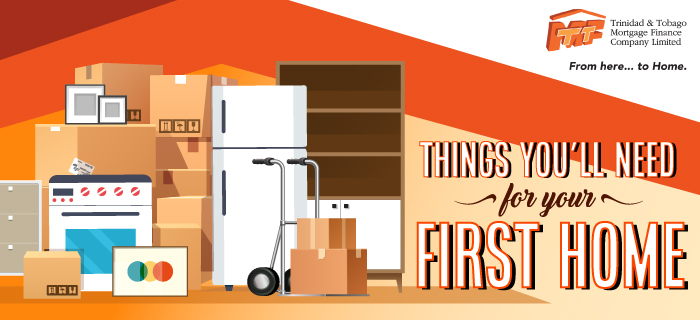Amidst the excitement of looking for a new home, there are some things you should know. Your mortgage would most likely be your most significant, long-term debt commitment. You should therefore make sure you understand how they work and how to prepare yourself for buying a home.
1. DON’T make late payments on your bills – DO cultivate a sound credit history
It is important to ensure that your credit history helps you by boosting your eligibility for mortgage financing, instead of working against you. To develop a good credit profile, make timely payments on your consumer loans and credit card. You may even consider paying off any outstanding balances on your credit card first, since this form of debt carries the highest interest.
We are often not aware of the negative impact that a poor credit history would have on our ability to obtain financing in the future. Missed or late payments on existing and/or previous forms of financing (loans, hire purchase, credit cards etc.), adversely affect your credit history.
2. DON’T fall for low introductory interest rates – DO know your loan options
Before you start shopping for a mortgage, learn about the different loan options available to you and what they have to offer. For example, does the mortgage have a fixed or a variable rate?
Many homeowners are attracted to mortgages that offer low mortgage interest rates. However, they realise later that these rates are often variable; they are reviewed annually and may change on the anniversary date of the mortgage. A mortgage is a long-term debt commitment, so you should aim to ensure stability and affordability for the lifetime of the loan.
TTMB is known for the stability of our interest rates. Our rates do not vary based on market conditions, so our customers are never caught off-guard by unplanned increases in their mortgage balances.
3. DON’T make a Downpayment before being Prequalified – DO know what you can afford
Getting Prequalified helps you understand what you can afford when house hunting. It is especially important to ensure that you are pre-qualified by one of our Customer Service Representatives for the mortgage amount that you are hoping to secure, before signing the agreement for sale and paying your down payment on your new home.
Pre-qualification is very critical where the mortgage to be granted is for construction purposes, as this would guide you in your discussion with your building contractors regarding the size and stature of the home to be constructed. Learn more about our pre-qualification process.
4. DON’T borrow as much as you can – DO borrow only what you need
This may sound funny, but many persons mistakenly borrow as much money as possible in a bid to minimise the down payment that they would be required to make. However, this increases the interest costs payable on the mortgage as well as the length of time to build equity on their home.
As a rule of thumb, your maximum mortgage instalment should not exceed 33 1/3% or one third of your gross monthly income. Many financial advisers even suggest that limiting your housing costs (i.e. mortgage payments, property taxes and homeowners’ insurance) to 25% of your gross income is much more sustainable and allows you to better manage your other expenses.
5. DON’T forget the additional fees associated with your mortgage – DO budget for closing costs
People often neglect to budget for closing costs when planning to buy a home. These costs typically include legal fees and charges (the most significant of which could be stamp duty in respect of the Deed of Conveyance), prepaid homeowners’ insurance and other property taxes, and where required, mortgage indemnity insurance. You should plan for your closing costs and ensure that you have the cash available for these payments when they become due. We can provide you with an estimate of these costs. Generally, your closing costs range from 5% to 7% of the mortgage amount.
6. DON’T spend all your savings – DO cater for additional costs
Many first-time homeowners are unaware of the need to prepare for unforeseen costs. We advise a safety net, the equivalent of three month’s living expenses to cater for things that may arise like the need for added water tanks and pumps or a security system.







